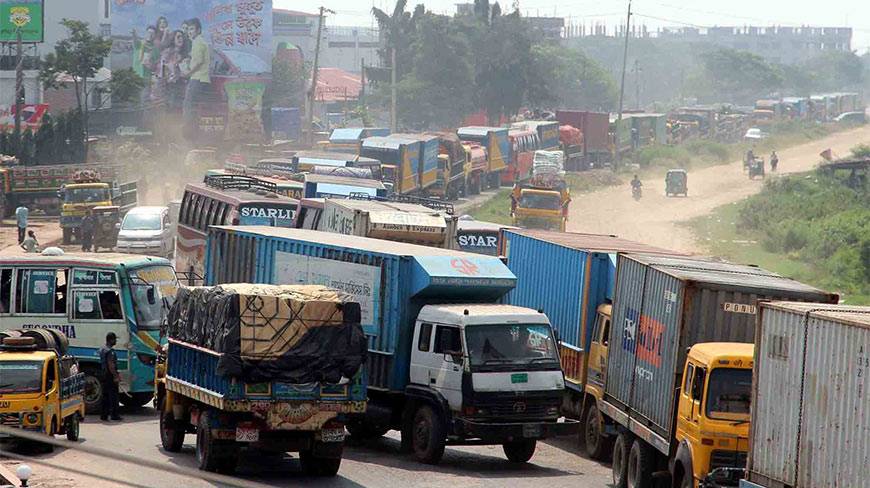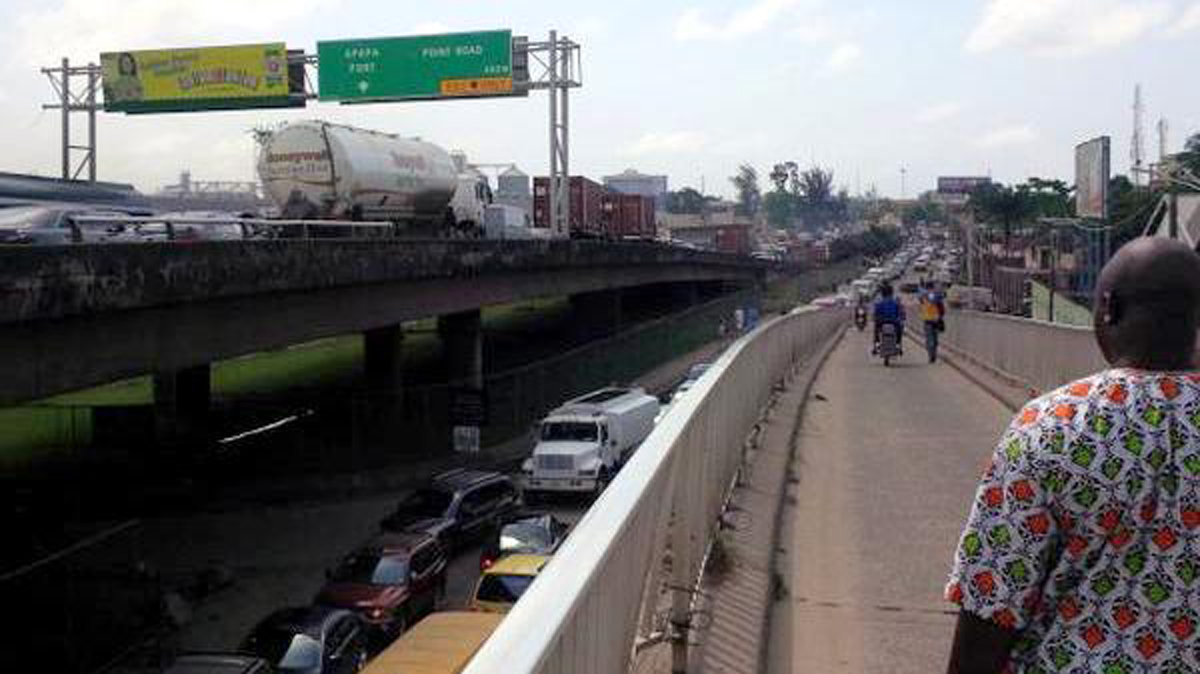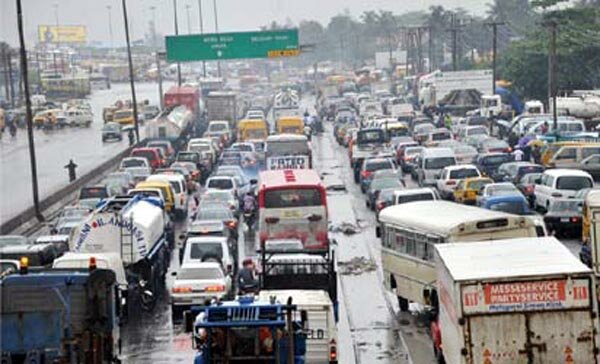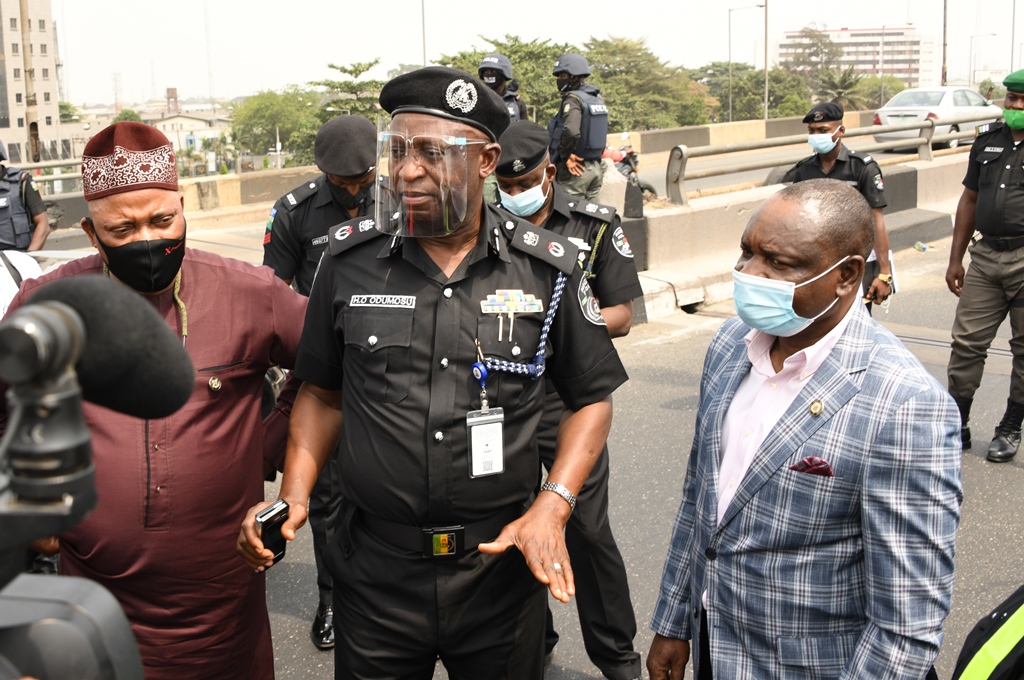Oyo Plans More Traffic Light To Battle Gridlock
Oyo State government has vowed to rid the State of traffic gridlock menace by enforcing the State traffic regulation laws and installation of more traffic light systems in areas with heavy vehicular movements within the metropolis.
The State Commissioner for Works and Transport, Prof Raphael Afonja said this while on traffic study within Ibadan on Wednesday alongside some law enforcement and traffic agencies where he hinted that the purpose of the tour was to meet with relevant stakeholders within the major highways whose daily activities directly or indirectly impacted on the traffic situation in the State in order to channel a good course on how to achieve a common goal.
“Ibadan metropolis has been faced with lots of bottlenecks when it comes to traffic and we are here to do a traffic study, there is a need for enforcement and sustainability of the enforcement.
“The people who are driving recklessly or engaging in double parking on our local roads will be apprehended and this will be followed with legal trial which might lead to seizure of their vehicles, we want free flow of traffic on our roads and we do not want people encroaching on the main road.
“But we need to take the sensitization to them first and as well provide the needed control mechanism, which is why we are planning on installing more traffic lights at these particular areas.”
According to him, areas that were prone to vehicular gridlock such as Felele and Challenge area would be installed with the traffic control equipment in order to further reduce the menace in such areas, adding that there would also be road markings in order to prevent encroachment from one lane to another as he described this as the major cause of many accidents on the major roads.
Afonja indicated that the sensitization which took place at different interchanges within Ibadan such as Bus-Stop Gate, Mokola, Dugbe, and Eleyele interchange would be followed by strict enforcement and sanctions.
He added that the enforcement was not meant to cause pain or hardship to anyone but to bring respite to road users and also improve the economy of the State.




